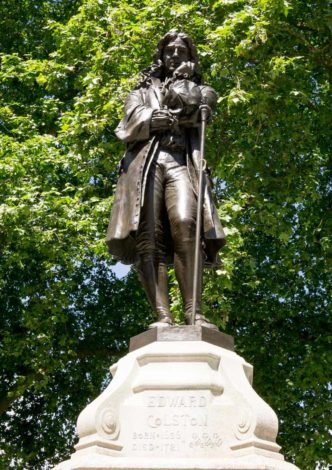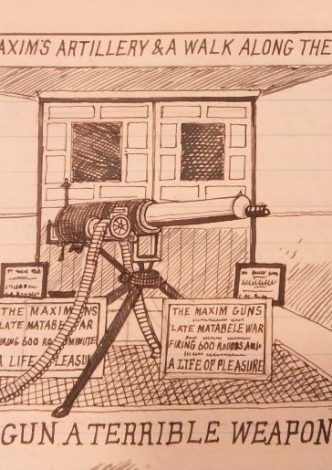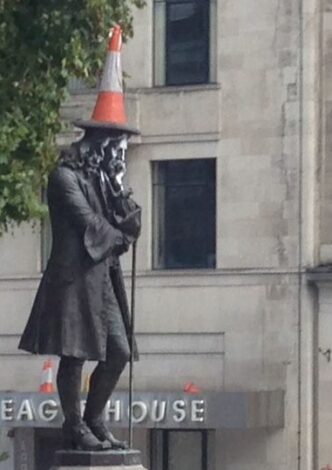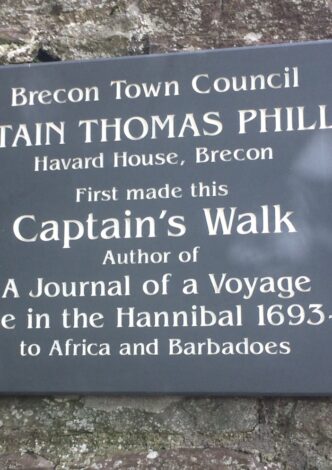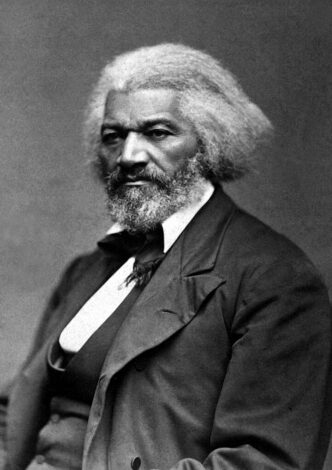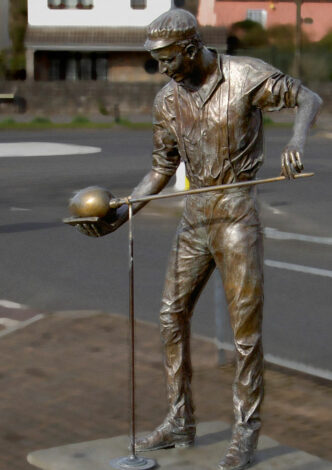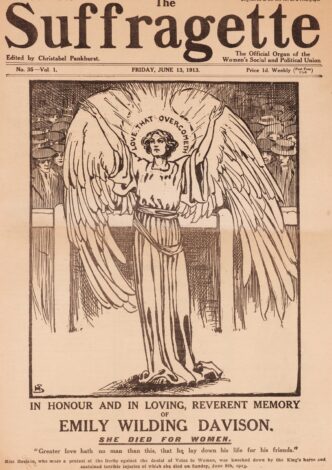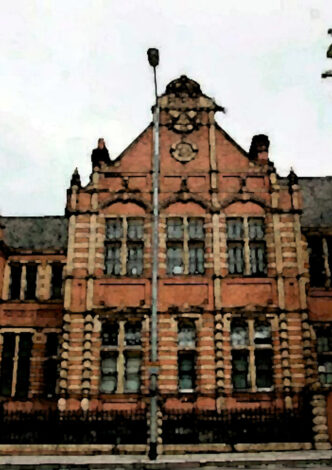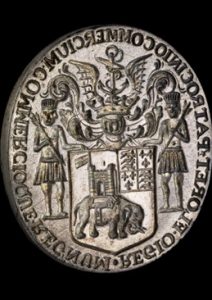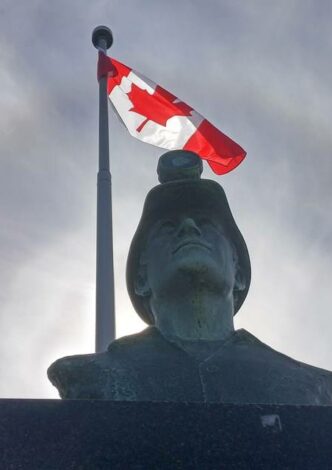Introduction Just over a year ago a project was launched to research, design and install a ‘corrective’ plaque on the statue of Edward Colston in Bristol City Centre. It was claimed by the originator of the idea, Bristol City Council’s Principal Historic Environment Officer, that the new version was needed to stop the statue being damaged by unauthorised ‘protest plaques’. Several of these have been fixed to the statue over the last couple of years and removed by Bristol City Council. It […]
A Life of Pleasure After a tip off last year by a member of BRHG I took a trip to Bristol Archives to take a look at some diaries written by Harry Bow in the 1890s. Bow, a Bristolian, was an enthusiastic 'army spotter', that is, he loved to record and illustrate public displays of the British military in the late Victorian period. Amongst the notes and beautiful line drawings recording parades, army camps and the use of cavalry against Bristolian trade unionists and their supporters on 'Black […]
In the light of recent moves to place a ‘corrective’ plaque on the statue of Edward Colston in the centre of Bristol and calls for it to be removed to a museum it seems the time is right to investigate the origins of this monument and the claim emblazoned on it that it was: Erected by citizens of Bristol as a memorial of one of the most virtuous and wise sons of their city Looking into the history of the statue demonstrates the same myth making that has characterised the popular memory of […]
If you were to walk around the rear side of the former house and home of Captain Thomas Phillips in Brecon, located along Captains Walk, you will notice a rather handsome slate plaque memorialising his life. The Phillips’ family house is now St Ursula’s Convent, a former catholic school. The plaque was paid for by the people of Brecon, and was erected (though not without controversy), in 2010. It reads innocently enough: CAPTAIN THOMAS PHILLIPS Havard House, Brecon First made this Captain’s Walk […]
After the Frederick Douglass event in the city on Bank Holiday Monday (28 May, 2018) in which BRHG members took part and which drew several hundred people we are publishing this article by Laurence Fenton. Laurence has just written a new book on the African American abolitionist's visits to Victorian Britain and is calling for a more permanent memorial to this important moment in the history of the city and the struggle against slavery. BRHG fully support this initiative. While actions from the […]
There were a number of economic and political changes during the 16th and 17th centuries which prepared the ground for the establishment of the glass industry in Bristol. In 1522 the ‘Society of Merchant Venturers of the City of Bristol’ was incorporated. It grew in power and influence through the 17th century during which the Society revitalised and effectively reorganised itself to allow Bristol’s maritime merchants to take the fullest advantage of the Britain’s developing colonial […]
I interviewed Florence Exten-Hann in March 1973 and this article appeared in the socialist feminist magazine Red Rag (no.3 1973). It draws also on notes she wrote about her life for a Workers’ Educational Association class in 1968. The original article was subsequently reproduced in a collection of my writings, Dreams and Dilemmas, Virago, 1983. I have modified it somewhat for clarity and added some new comments at the end. My article, ‘She Lived Her Politics’ first appeared in the anarchist […]
Introduction On 11th November 2017 Colston's Girls’ School (CGS) announced that they would not be changing the name of the school, despite its associations with Edward Colston, the Bristol merchant who both organised and profited from the transatlantic slave trade. Colston was a major investor, manager and then deputy-governor of the Royal African Company (RAC) which held a monopoly over the West African slave-trade in the seventeenth century.] During Colston’s time managing and then leading the […]
Introduction This research article is an examination of the Royal African Company (RAC) and the role of Edward Colston (b. 1636 d. 1721) within the organisation as both an investor and executive. It is unsurprising that this history has not been previously collated in this form as Colston still retains a popular status amongst sections of Bristol’s population as a philanthropist and ‘city father’, his memory protected by powerful civic organisations. Although the depiction of Colston as a […]
When Thomas Davis and his wife Annis and their family from Pillowell in the Forest of Dean decided to emigrate to Canada in 1890 they could not have known that their choice would have tragic consequences or that their personal tragedy would be remembered in Canada to this day. One of their boys, Thomas, would be killed in one of the worst mining disasters in Canadian mining history and another, William, would be shot dead by the police in one of the most violent strikes in Canadian labour […]
